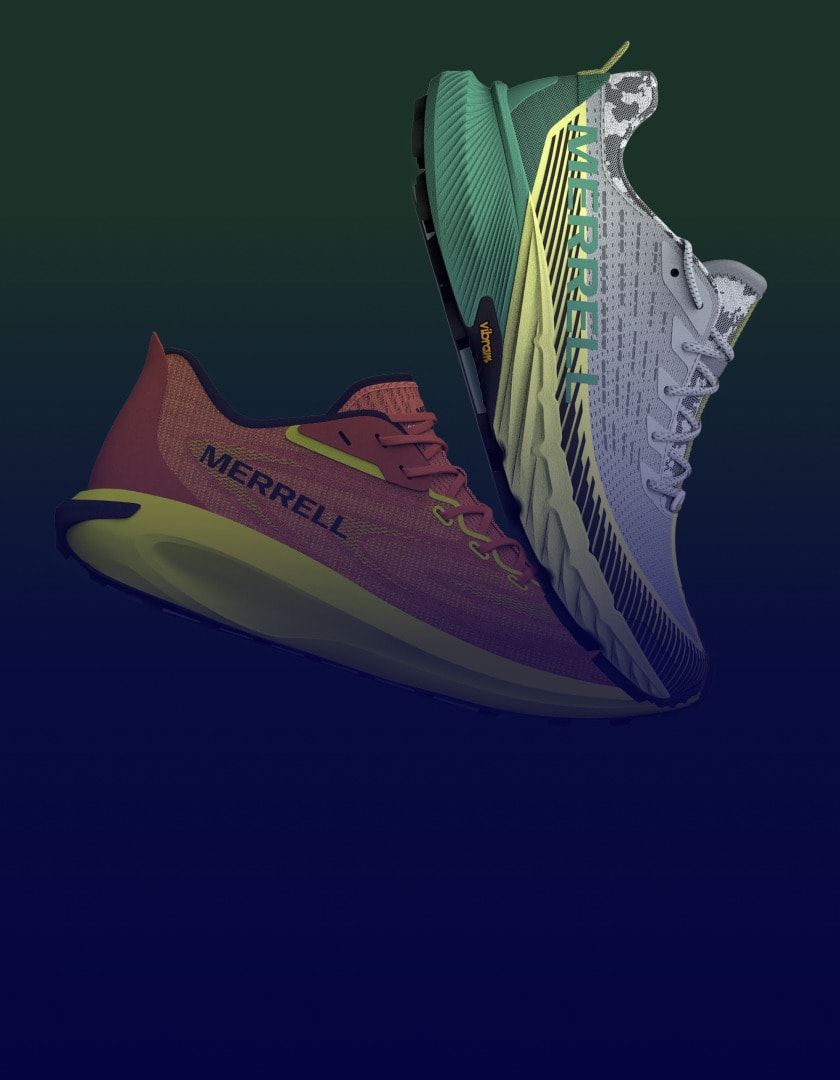Automating the White Label Process for Cosmetic and Personal Care Brands

In 2023, the white label cosmetics industry grew to $8.58 billion, and recent estimates report that the market could surpass $14 billion by 2031.
The rise of white label cosmetics products, then, should be no surprise.
For consumers, these goods offer the chance to get premium health and beauty products without steep name-brand prices. For brands and retailers, they’re able to create safe, popular products without having to invest in extensive—and expensive—research and development.
This mutually beneficial market isn’t expected to slow anytime soon, which is great news for cosmetics brands, retailers, and manufacturers looking to leverage current trends into long-term, sustainable business success.
In this article, we’ll run down some of the ways cosmetics and personal care brands can harness the power of automation to streamline their product development workflows, and create safe and sustainable white label health products for years to come.
White Labeling in Cosmetics Explained
White labeling allows brands to offer products that are developed and manufactured by a third party, but marketed and sold under the brand’s name.
For cosmetics and personal care brands, white labeling presents a cost-effective way to expand product lines quickly and respond to emerging market trends. However, managing the white label process manually comes with challenges that can stifle efficiency and slow down product launches.
Common challenges of white labeling products related to health and beauty include:
- Clunky, manual workflows: Managing product development, compliance, and approvals through manual processes can lead to delays and miscommunication.
- Long, drawn-out approval cycles: Approvals between the brand and white label manufacturers can take too long, especially when multiple teams, vendors, suppliers, and departments are involved.
- Compliance and quality assurance obstacles: Meeting the strict regulatory requirements in the beauty industry, from ingredient restrictions to packaging standards, is challenging without automated systems.
- Supply chain inefficiencies and waste: Managing the supply chain and ensuring accurate packaging can lead to bottlenecks when handled manually.
Each of these challenges, while potentially significant, can be remedied with an effective automation process that focuses on collaboration and agility at every stage of the supply chain.
White Label Automation in Cosmetics
Automation can revolutionize the white label process by reducing inefficiencies, improving collaboration, and speeding up time to market. Let’s break down the key areas where automation can make the most impact for cosmetic brands and retailers.
Product Development and Specification Management
Managing specifications, formulations, and design approvals can become seamless through automation.
By using automated tools, cosmetics brands can centralize product information and streamline communication between teams. This ensures that ingredients, packaging, and formulations are consistent across multiple products.
Real-world solution: A centralized platform—like product lifecycle management software—allows brands to easily update product specifications, which are then automatically reflected across all internal teams and external partners, reducing manual errors and miscommunication.
Supplier and Partner Management
Collaborating with white label manufacturers can be complex, especially when managing multiple suppliers across different regions. Automation tools improve communication, making it easier to track production timelines, manage compliance, and receive real-time updates on manufacturing progress.
Real-world solution: By automating supplier management, beauty brands can track quality checks, monitor compliance certifications, and maintain clear communication with manufacturers, all within a single platform.
Compliance Automation and Management
Staying compliant with evolving regulations in the beauty and personal care industry is critical. Automating compliance tracking helps brands ensure that their products meet industry standards, from ingredient safety to packaging claims, without the risk of manual oversight.
Real-world solution: Automation tools, like those you’d find on a product lifecycle management platform, can help brands manage compliance by screening formulations against industry blacklists and regulatory requirements, ensuring products meet all necessary standards before they hit the market.
Quality Assurance and Product Testing
Ensuring consistent quality across white label products is vital for maintaining consumer trust. Automated quality assurance processes enable brands to implement standardized testing and quality checks throughout the production process, reducing variability across batches.
Real-world solution: Automated systems streamline the product testing process by ensuring that every batch undergoes the same rigorous quality checks before it’s approved for market release.
Product Packaging and Label Approvals
Packaging and labeling are crucial components of white label products, especially in the beauty industry where branding plays a significant role. Automating packaging approvals ensures that labels meet both regulatory and brand requirements while speeding up the approval process.
Real-world solution: Automated workflows for packaging and labeling allow teams to make quick updates, get immediate approvals, and ensure compliance—and of course, reducing time to market.
Fewer changes in packaging and labels also means a more sustainable, environmentally-friendly operation that can attract audiences interested in making eco-conscious purchases.
What Brand Get From White Label Automation
Automating the white label process doesn’t just make things run more smoothly for cosmetics brands: it provides tangible and measurable benefits that can improve your brand’s bottom line and KPIs.
Here’s a look at some of the high-level areas that automation can have the most impact for health and beauty brands looking to create their own white label goods.
Improved Time to Market
With automation, brands can reduce time spent on manual approvals, supplier follow-ups, and compliance checks. This streamlined approach accelerates product development and allows brands to launch products faster, capitalizing on market trends.
More Profits, Less Waste of Resources
Automation reduces manual labor, minimizes errors, and optimizes workflows, all of which lead to cost savings. By cutting down inefficiencies in the white label process, brands can lower production costs and boost profitability.
Enhanced Product Quality
Automated quality checks and standardized workflows ensure that every product meets high standards, reducing variability and improving consistency across product lines. This is especially important for beauty brands looking to build and maintain customer trust.
Streamlined Communication
Automation fosters better collaboration by centralizing data and communication. With all teams working from the same platform, product development, marketing, and supply chain teams can easily collaborate, ensuring everyone is aligned on product goals and timelines.
How Product Lifecycle Management Streamlines Product Development
The processes to create white label cosmetic products and traditionally branded goods both require similar levels of collaboration and product development management. With a product lifecycle management platform, cosmetics brands can manage the way their products are researched, manufactured and packaged—all in one place.
Here’s a real-world example:
KIKO Milano, a leading Italian cosmetics brand, turned to automation to streamline its product development process and improve efficiency. With a vast and growing portfolio of beauty products, the company faced challenges in managing complex data and ensuring consistent product launches.
Before adopting Centric Software® product lifecycle management tools, KIKO Milano struggled with scattered data, unstructured processes, and lengthy product testing, which slowed down development and made it difficult to maintain up-to-date, accurate information across teams.
To solve these challenges, KIKO Milano implemented Centric PLM as part of its digital transformation strategy. The software centralized all product data, enabling the company to establish clear project milestones, track KPIs, and manage real-time information more effectively.
One of the key benefits KIKO Milano gained from automating its processes with Centric PLM was the ability to streamline product launches. By consolidating data and providing a single source of truth, Centric PLM helped KIKO Milano ensure that all product development stages—from technical specifications to commercial readiness—were completed on time.
This resulted in more reliable product launches and better alignment across departments. “What I like is that it gives us the opportunity to have clear milestone management where everything comes together,” said Heike Linnemann, Brand General Manager at KIKO Milano. “We can make sure that all the pieces—from a commercial and technical side—are ready on time so that we can launch flawlessly.”
Start Automating Your White Label Process
Interested in automating your white label process? Here’s where to start.
- Assess your present workflows: Begin by identifying manual processes that are prone to errors and inefficiencies, such as approval cycles, supplier communication, or compliance tracking.
- Choose automation tools or platforms that fit your needs: Consider solutions like product lifecycle management software, which integrates product development, compliance, and supplier management into one “single source of truth.”
- Start small, scale sustainably: Begin by automating one part of the white label process, such as packaging approvals, and then expand automation across other areas as you see results.
Ready to Automate Your White Label Process?
Just as white label cosmetics is changing the healthy and beauty industry for consumers, so too is automation for personal care brands. The benefits are appealing, and they’re here to stay: faster time to market, better products, and streamlined workflows with clear financial advantages. If you’re ready to automate your cosmetic or personal care brands white label process, Centric Software is here to help.








